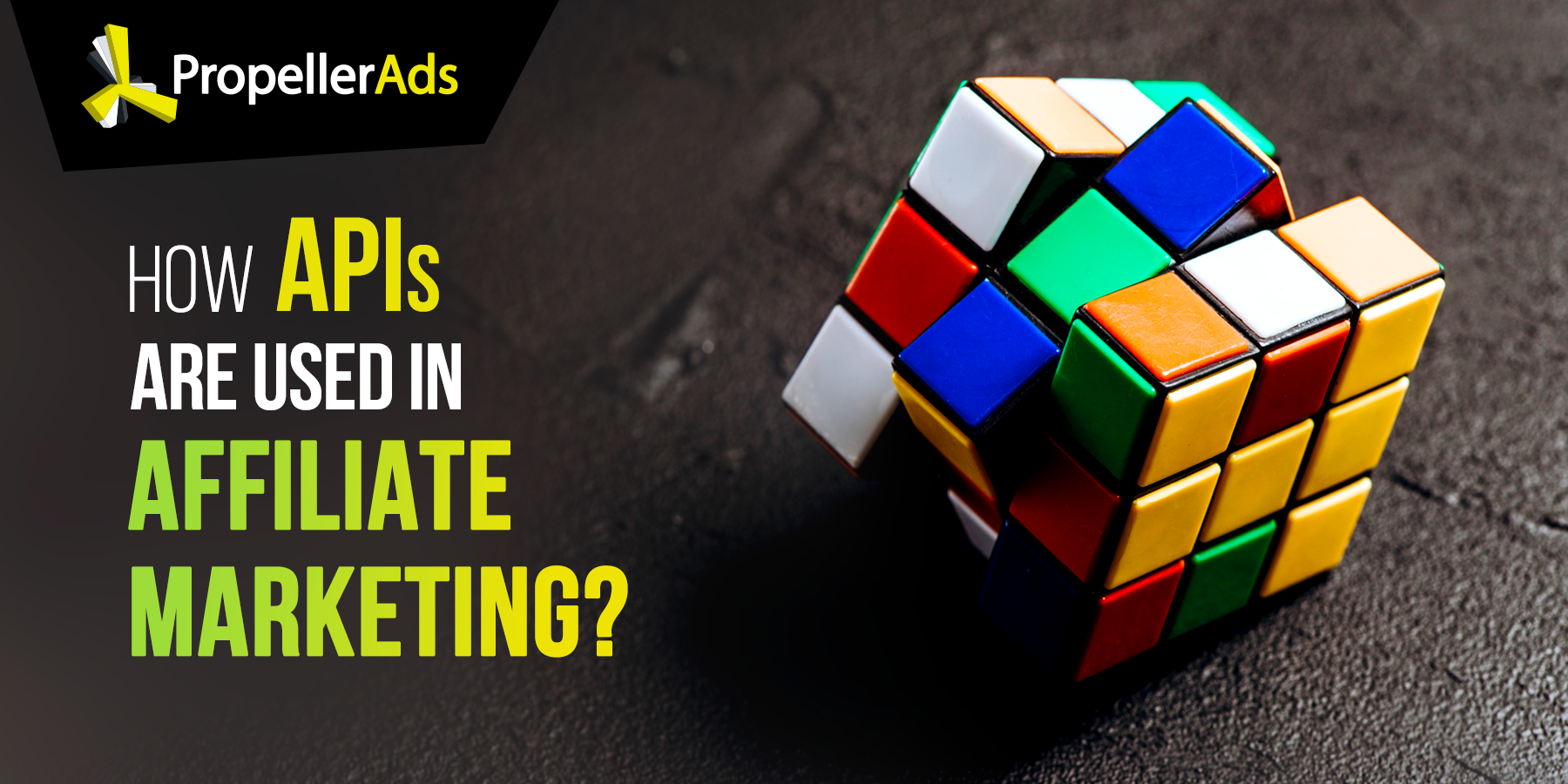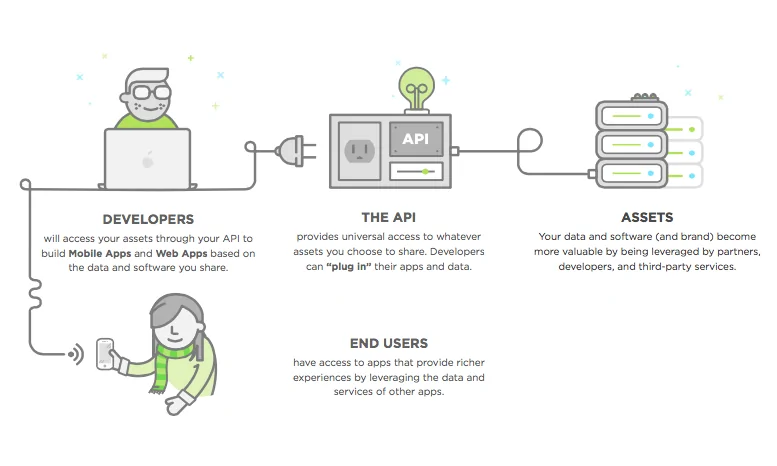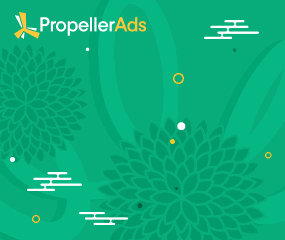A Complete Intro to APIs and How They Are Used in Affiliate Marketing

You’ve probably heard the term API before, but what exactly does it mean?
And, how does it affect affiliate marketers and online advertising as a whole?
In a nutshell, APIs allow applications to interact with each other. This, in itself, brings an array of benefits that range from improved integration to secure logins via social media. That being said, APIs may not be easy to understand, especially if you’re looking to use one for the first time.
If you’re not sure what APIs are and how useful they can be, then read on to find out why they are such an important tool in today’s digital landscape.
By the way, PropellerAds has just opened up its API to all advertisers.
What is an API?
API stands for Application Program Interface, and it can be defined as a set of rules that programs use to interact with each other. In this sense, APIs work as a middleman that helps apps or websites communicate and exchange information with other pieces of software.

Image by Upwork
Anytime you see an independent program that has been incorporated into a website, say Facebook comments at the bottom of a blog post, that’s an API working its magic.
Why are APIs Necessary?
APIs were created to help developers save time and resources, allowing them to focus on other growth-generating tasks.
Before the implementation of APIs, if a website or platform wanted to interact in a unique way or employ resources from another piece of software, programmers had to spend a significant amount of time on dull, repetitive tasks to make it happen.
Technically speaking, APIs are the set of tools, routines, and protocols that dictate how specific software components should interact with each other. Today, APIs allow them to skip most, if not all tedious manual tasks while still allowing their platform to interact with other programs.
Common Uses for APIs
API technology is extremely malleable, and it can be used for an array of different purposes. Many of these uses bring a new set of advantages that make APIs the perfect tool for affiliate marketers. These uses include, but are not limited to:
- Building Applications that Use Other Software in Their Operation
If you want to create an app or implement a piece of code on your website that allows customers to book appointments and add them to their calendar, an API can help streamline this request and reduce the work programmers have to do to make it happen.
- Control Who Access Certain Assets
APIs also act as gateways that only grant access to users that have the right credentials. This can include employees or customers that provide the correct username or password to access certain resources.
- Help Devices and Apps Connect Seamlessly
One of the reasons why APIs improve performance is because they provide a standard way for programs to interact. Instead of receiving a limitless number of requests in different styles, APIs work as a universal plug for all requests to come in a single format.
A great explainer video by MuleSoft
Benefits of APIs for Affiliate Marketers
Because of the sheer nature of this technology, APIs bring an array of benefits and advantages for affiliate marketers. Some of these include:
- Automatic Updates. Before APIs, changes in an ad’s content or phone number had to be done manually. APIs allow apps and websites to synchronize, so you’ll only need to update your info once to have it updated across entire ad networks.
- Real-Time Statistics. You can also employ an API that collects, processes, and displays traffic information in real-time. You’ll be able to see how many clicks, visitors, and even orders placed you have while they are happening.
- Preformatted Links. Because APIs have preformatted links, they automatically include the affiliate ID. This guarantees affiliates will earn their commision after a certain action is taken.
- Reduces Manual Labor. As we mentioned before, in the pre-API days, developers had to spend hours on tedious manual tasks just to update all ads on a network. Today, APIs allow marketers to update all their ads across multiple platforms with one single change, among other benefits.
- Improves the Chances of Smooth Integration. One of the great things about APIs is that large platforms use them to accelerate or improve the way programs interact, resulting in smoother overall integration.
- Allows Ultimate Personalization & Targeting. Personalization is a key part of any type of online advertising and APIs can work as a distribution mechanism that displays certain ads when certain criteria are met.
Common APIs
Many large platforms have launched a public API to help third parties connect to, gather information from, and improve their services. Some of the most famous APIs are:
Facebook API – Known as Graph IPA, it’s the primary way to get data in and out of Facebook as well as perform a variety of tasks.
YouTube API – Although it technically falls under Google’s umbrella, YouTube API allows you to extract statistics from the video streaming platform, among other uses.
Google APIs – Developed by Google, these APIs allow communication and integration of Google services with other platforms.
SnapChat API – An API that allows third-party advertisers to connect to SnapChat’s network and deliver ads in different formats.
Amazon API – Officially named Amazon Product Advertising API, it allows third-parties to access Amazon’s catalog, which means they can sell items through other platforms and applications.
In a day and age where personalization is among the most important element of a successful digital marketing campaign, launching a dedicated API seems to be the natural step for all companies that feature web-based products.
